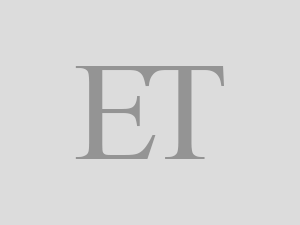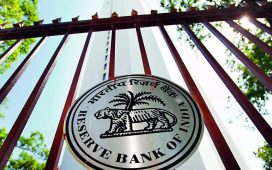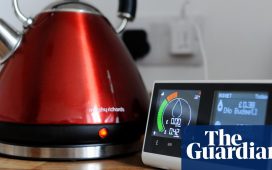Volumes in the overall fast-moving consumer goods (FMCG) market increased 4.1% in the quarter ended September, down from the 7.2% recorded last year, according to latest data by Kantar, which tracks household consumption of both branded and unorganised products, including those sold loose.
Urban markets grew 4.3% while rural areas saw volume growth at 3.9%. This was compared to a growth of 8.1% in cities and 6.3% in villages a year ago.

“Rural is recovering from where it was, I think a good monsoon, and therefore the kharif crop is only going to help in the rural recovery, but it is still not at the stage where it gives us a double-digit volume growth, and a penetration growth, etc. But while this has happened, urban has softened. And we are probably underestimating the stress on the consumer in terms of food inflation,” Tata Consumer managing director Sunil D’Souza told investors.Kantar data is heavily skewed toward the food and beverages segment that accounts for nearly 70% of overall volume of products covered and has a higher proliferation of items from the unorganised end of the business.
Within categories, both personal care and home care products have expanded faster than in the year-ago period growing 4.1% and 2.9%. However, foods and beverages has seen pressure, especially in snacking products. The segment grew 4.4% during the quarter, compared to 8.6% a year ago.
“Snacking no longer has that double-digit growth, but is still healthy in this quarter, and growth was led by noodles and salty snacks, while biscuits took a back seat. If the growth is an indication of urban’s resilience, then we could see urban’s recovery faster than expected, but for now, we still think that rural is likely to come back on top in the next quarter,” said K Ramakrishnan, managing director-South Asia, worldpanel division at Kantar.
Quarterly performance of listed FMCG firms has been a mixed bag so far with the biggest consumer goods firm Hindustan Unilever and Tata Consumer posting 2% growth, while Nestle grew 1.2%. At the same time, Godrej Consumer Products‘ Indian business grew 7%, while Colgate‘s sales rose 10%.
Companies, however, term the slowdown as a temporary blip and expect demand to recover in the second half of the year.
“Rural growth is consistently coming back and increasing gradually above urban growth now for at least a few quarters. And given the weather and good monsoon, and hopefully a good outcome at the end of the kharif crop that should bode well for the rural economy. And it’s about a third of our business. So, it does matter,” Hindustan Unilever managing director Rohit Jawa said after the earnings announcement.
Over the past decade, sales of branded daily needs goods have increasingly relied on rural India, where purchase behaviour is largely linked to farm output. While rural growth has been stable since, urban demand started seeing a significant downturn.









